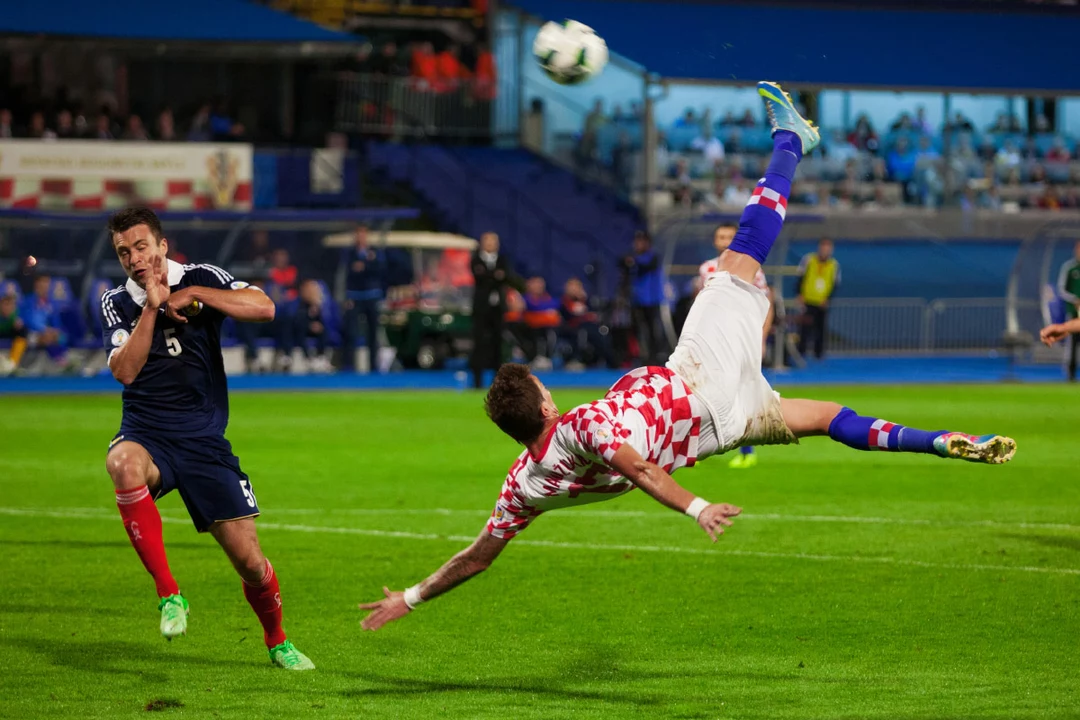Introduction to the World Cup Game Duration
The FIFA World Cup is one of the most significant and exciting sporting events on the planet. With the world's best soccer teams competing for the ultimate glory, the matches are thrilling, intense, and unpredictable. As a soccer enthusiast, I have always been curious about the duration of a World Cup game. In this article, I will be exploring various aspects of the game's length, breaking down the different stages, and discussing the factors that can impact the total duration of a match. So, let's dive right into it!
Regulation Time: 90 Minutes of Action
In every World Cup game, the regulation time is divided into two halves of 45 minutes each. This is a standard duration for soccer matches at all levels, including domestic leagues and international tournaments. The teams switch sides after the first half, which is followed by a 15-minute halftime break. During this break, players can rest, recuperate, and receive instructions from their coaches. The second half then begins, and the teams compete for another 45 minutes. In total, the regulation time for a World Cup match is 90 minutes of action-packed soccer.
Stoppage Time: Extra Minutes for Unforeseen Delays
In addition to the 90 minutes of regulation time, there is also stoppage time added at the end of each half. Stoppage time is meant to compensate for any delays during the game, such as injuries, substitutions, or time-wasting. The referee is responsible for keeping track of these delays and determining the appropriate amount of stoppage time to be added. While the exact duration of stoppage time can vary, it generally ranges from 1 to 5 minutes per half. This means that a World Cup game can last anywhere from 92 to 100 minutes, including stoppage time.
Extra Time: Settling the Score in Knockout Stages
During the knockout stages of the World Cup, matches must have a clear winner. If the score is level after the 90 minutes of regulation time and stoppage time, the game goes into extra time. Extra time consists of two 15-minute halves, with a short break of 1 minute in between. This provides an additional 30 minutes for the teams to try and secure a victory. If the score remains tied after extra time, the match proceeds to a penalty shootout.
Penalty Shootout: The Ultimate Test of Nerves
If a World Cup knockout match is still level after extra time, a penalty shootout is used to determine the winner. In this nail-biting finale, each team selects five players to take alternating penalty kicks against the opposing goalkeeper. The team with the most successful penalty kicks after all ten attempts wins the match. If the score remains tied after the initial five kicks per team, the shootout continues in a sudden-death format until one team emerges victorious. The duration of a penalty shootout can vary greatly, as it depends on the number of kicks taken and the time spent by each player to prepare for their shot.
Pre-Match Rituals and Ceremonies
Before the start of a World Cup match, there are several pre-match rituals and ceremonies that take place. These events, such as the playing of national anthems and team line-ups, can add a few more minutes to the overall duration of the game. Additionally, high-stakes matches, such as the opening game or the final, may feature more elaborate ceremonies and presentations, which can further extend the length of the event.
Television Broadcasts and Commercial Breaks
For those watching the World Cup on television, the duration of the game can seem even longer due to commercial breaks and pre- and post-match analysis. Advertisements, expert commentary, and highlight reels can easily add another 30 to 60 minutes to the overall viewing experience. While these breaks do not affect the actual playtime on the field, they can make the game feel much longer for viewers at home.
Conclusion: How Long is a World Cup Game?
In summary, the actual duration of a World Cup game depends on several factors, such as regulation time, stoppage time, extra time, and penalty shootouts. On average, a match during the group stage will last around 90 to 100 minutes, while a knockout match can extend up to 120 minutes or more if a penalty shootout is required. Additionally, pre-match rituals, ceremonies, and television broadcasts can further lengthen the overall experience. Regardless of the exact duration, one thing is for sure: a World Cup game is a thrilling spectacle that soccer fans around the globe eagerly anticipate and enjoy.
